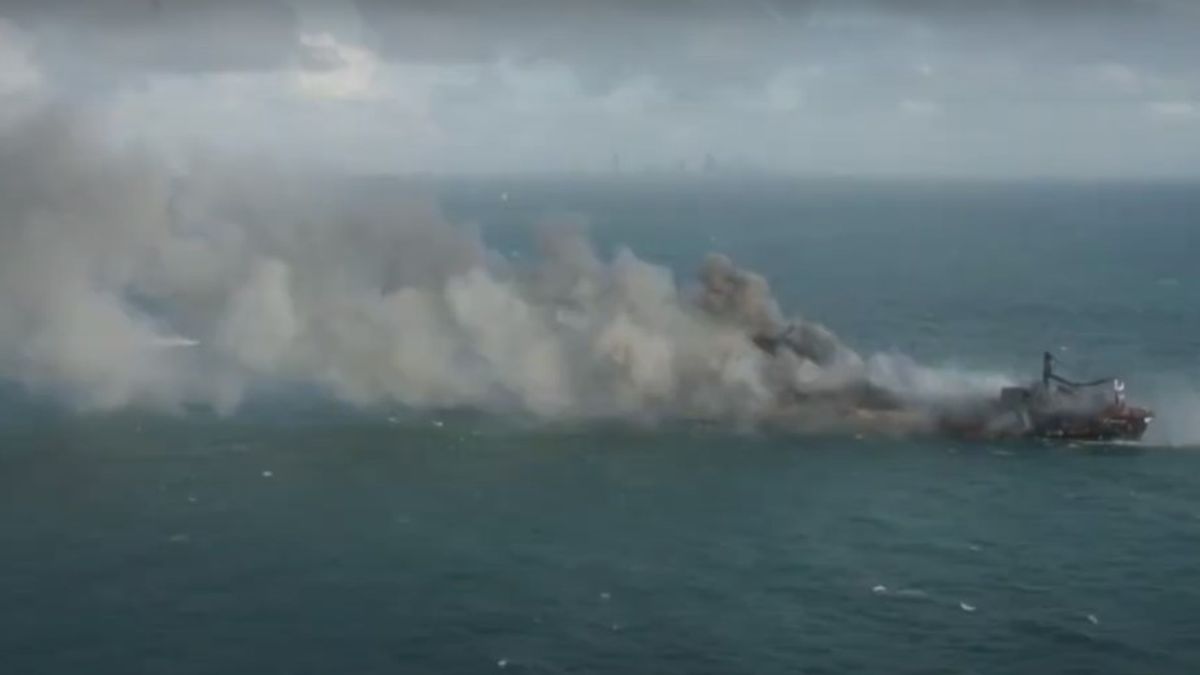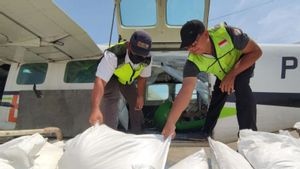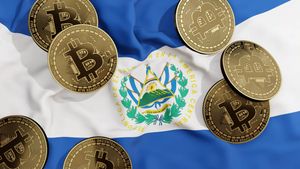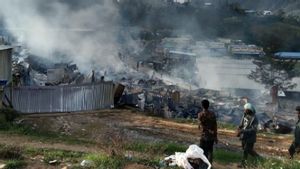JAKARTA - Sri Lanka is facing one of the worst environmental crises in history. Tons of debris from the potentially toxic container ship fire blanketed the country's western coastline.
Citing The Guardian, the country's military said it had successfully extinguished the fire that devoured the MV X-Press Pearl, a Singapore-flagged ship, over the weekend. The fire has been raging for more than a week and is billowing black smoke.
But officials and scientists warn the maritime disaster is far from over. Billions of plastic pellets washed up on beaches 75 miles to the south.
X-Press Feeders, ship company X-Press Pearl, said the crew first saw smoke billowing from the cargo hold on May 20, when it docked not far from the port of Colombo. They tried to extinguish the fire by releasing carbon dioxide in the hold.
But the fire grew and an explosion rocked the ship. The 25 crew members were then evacuated as the Sri Lankan navy tried to extinguish the fire, with help from India and a Dutch company fire department.
Sri Lankan authorities suspect the fire was caused by a leak from the ship's container, which was carrying 25 metric tons of nitric acid. X-Press Feeders said the leak occurred long before the ship entered Sri Lankan waters.
The crew had asked to be allowed to unload the leaking containers at the two previous stops, in India and Qatar. However, the stop was refused because the port did not have the facilities or special expertise needed to deal with nitric acid leaks.
Natural damageAlthough authorities say the worst fires have been extinguished, explosions can still be heard. And thick smoke and small fires can still be seen from the ship.
The chemical spill caused untold damage to the Sri Lankan coastline. The damage also included the popular tourist resorts of Negombo and Kalutara, with beaches covered in thick microplastic and visible layers of oil in the surrounding sea.
The plastic pellets used to make plastic bags are a major source of marine plastic pollution. The material can be fatal to marine life.
Plastic pellets are small in size and can be mistaken for food for birds, fish, and other marine animals. Turtles, fish and dead birds have started to wash up on the beach.
Local residents have been told not to touch the debris as it can be very toxic. And fishing is prohibited within a 50-mile radius of the scene.
This has worsened the fishing industry, considering that it has been hit hard by the COVID-19 pandemic. "With the information available so far, this can be described as the worst disaster of my life," said Dharshani Lahandapura, Chair of the Marine Environmental Protection Authority.
MEPA says chemicals polluting the ocean also cause ecological damage to coral reefs, lagoons and mangroves. It will take decades to repair the damage.
Thousands of navy personnel in protective gear have been deployed in clean-up operations to remove the thick layer of plastic pollution and chemical waste that has begun to coat the coast. Bulldozers are also used to move the waste.
Continue with the investigationAuthorities in Sri Lanka have opened a criminal investigation into the crew. Police have questioned the crew and sent samples of the contaminated water to a laboratory for testing.
Of the 25 crew members who were rescued and taken to quarantine facilities, two required treatment. They were injured during the evacuation.
Meanwhile, one person has tested positive for COVID-19. As authorities tried to determine the cause of the fire, local residents living along the coast near Colombo also started a massive clean-up.
*Read other information about the ENVIRONMENT or read other interesting articles from Putri Ainur Islam.
Other BERNASThe English, Chinese, Japanese, Arabic, and French versions are automatically generated by the AI. So there may still be inaccuracies in translating, please always see Indonesian as our main language. (system supported by DigitalSiber.id)










